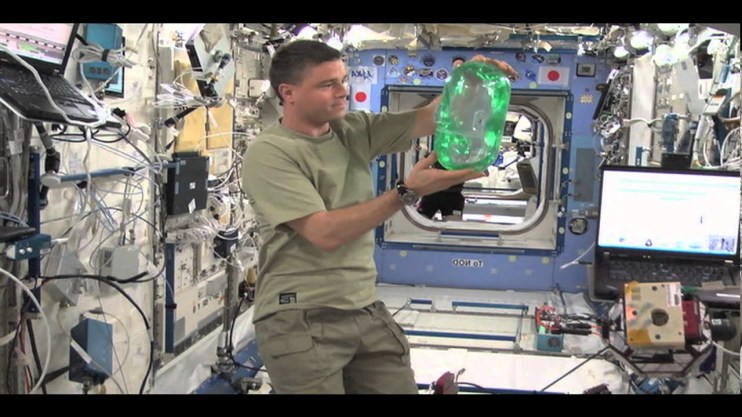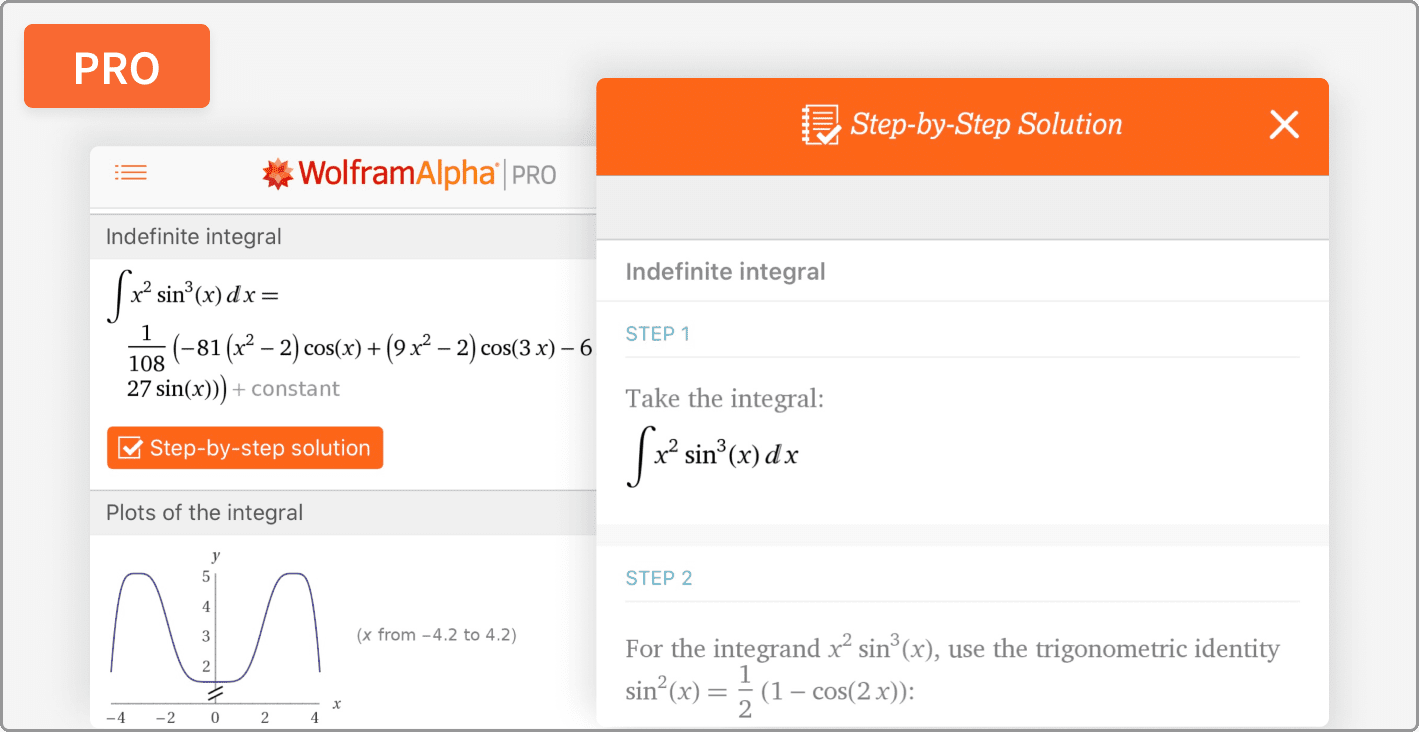NASA (National Aeronautics and Space Administration) is one of the top governmental organisations of the world. It deals in aeronautics and space sciences for advancing mankind and exploring the unknown. Due to a vast scope of career in this agency, the graduates as well as the undergraduates look for an opportunity to work in NASA. While establishing your career as an astronaut will be the best known job here, there are other sorts of career paths as well, that are critical to the success of future space missions.

What to Study for NASA?
Here are some of the subjects of study that you may pursue to get your dream job position in NASA:
Astronomy
Astronomy is the branch of science dealing in the study of objects attributed to the formation of the universe. Astronomers come up with questions and facts regarding the planets, stars, galaxies, comets, galaxies, and other heavenly bodies. In order to collect and illustrate the data about the exosphere, they use high-range telescopes on Earth and the probes which have been set in motion into space.
You must attend a degree program in astronomy which incorporates an introductory coursework through advanced mathematics classes (including calculus, statistics, and linear algebra), advanced astronomy, and computer science.
One thing you must note that gathering information about the mysteries and theory of universe formation is not enough to work in NASA. You must acquire a doctorate degree in astronomy to establish your career in a government space exploration agency. If you are a graduate level student, then try to select an optional academic subfield that deals in cosmology or galactic astronomy, stellar or planetary astronomy, the origin of big bang theory or formation of the universe.

Atmospheric Science
Knowledge about the weather conditions in space is also equally significant, in case you didn’t know. The NASA scientists who deal with the space atmospheric phenomena pay much attention to the subject of climatic and weather factors of outer space all the time. They use certain gadgets and equipment like radar systems, weather balloons, satellite images, etc., to forecast details regarding the weather and climatic changes of both the near and distant future.
Just like the broadcast meteorologists make the weather forecast of a local region which appears on radio and news channels, the atmospheric scientists who are engaged in space exploration, develop data to presume the upcoming weather or climatic events in outer space.
Unlike the physicists and the astronomers, atmospheric scientists can apply in NASA with just a bachelor certification. The aspirants of atmospheric science will have to pursue courses in subjects of advanced mathematics, computer programming, meteorology, as well as advanced physics.

Physics
The study of physicists matters a lot in space science. In space exploration, the most sought-after physicists are the plasma physicists. Plasma physicists emphasize their scientific inquiries and experiments on a state of matter known as plasma. This is the plasma that is artificially manufactured for use on television screens and neon signs, which occurs naturally in the extraterrestrial bodies and stars.
Typically the plasma physicists who work in space exploration, research the features of the naturally occurring space plasma to evaluate the unknown matters of space, and to know how plasma influences life on Earth.

Careers at NASA
After pursuing the dedicated courses required to get a job scope in NASA, these are the career paths that you get here:
Computer Engineering
Becoming a computer engineer is one of the best career lines at NASA. They play a vital role behind the success of any space launch along with the overall operation. As now, almost every machine in NASA is controlled by computers, so it is a high demand for the computer engineers to develop new codings, rectify the existing programming errors, plus develop ways to run the computer systems more efficiently.

Accounting
Accounting is another great job position to consider at NASA. As NASA is well-known for building and utilising high-end rocket systems, the organisation highly depends on a huge budget that is funded by the US government. So, the need for a team with expertise in accounting is critically involved to maintain the NASA budget.
The team of accounting professionals also has to ensure that the organisation stays within the granted concession, and is wisely utilising the fund. They will be hired at NASA for different domains of accounting such as budgeting and forecasting, preparation of financial reports, and reconciliation of the bank accounts along with other financial accounts. To get a job in this domain, you must at least have a bachelor degree in the dedicated field. Most accountants at NASA have at least a bachelor’s degree in the field. People with Certified Public Accounting degrees may expect more preference.
Administrative Support
Administrative role is the most common and important role that NASA too has like any other organisation. However, to get the role of an administrative support at NASA is the biggest challenge here. There is a gamut of support roles you will find in NASA which tend towards its future administration. Some of the best sought-after roles include procurement clerks, marketing staff, management assistants, typists, and public relationship manager.
Engineering Technician
When it is about confirming the stability and potential of the rocket ships in terms of shape, function, etc., the role of engineering technicians steps in. NASA hires engineers of different streams to conduct varied development tasks that includes- developing new flight plans, constructing and repairing the rocket components. The engineers are even sent to the space stations to confirm that the launched rocket ships are running in order.
To work as an engineering technician in NASA, you must at least acquire the master’s degree in engineering. Having a PhD in the same will be an added career advantage in NASA.

Meteorology
Prior to commencing a free space program, NASA stays aware of the outer space factors like meteorological effects, knowing the Sun’s alignment, positioning of the planets and the moon, and arrangement of other nearby satellites and comets. On the basis of all these details, they ensure an efficient accomplishment of their space mission as safely as possible. Those who apply for getting into NASA’s meteorology department, must have to be knowledgeable on all these matters. Also, they may have to consume much time in studying more about the object of the earth and potential threats towards it.
Payscale
NASA employees annually earn a lump sum of $65,000 on an average payscale. They earn about $31 an hour, which calculates to the above mentioned sum on an average yearly basis. Well, this is the minimal amount that they get, the additional amount of their salary depends upon their respective departments.
The best paid job at NASA is the role of a Lead Engineer with an annual income of about $126,000. Whereas, the lowest paid job at NASA is of a Member Services Associate that too with an notable amount of $29,000 annually.

Bottomline
Well, whatever technical course you pursue, the ultimate requirement to get a job in NASA is a wide range of knowledge and expertise. You have to stand out in the subject that you choose for your career in NASA. So, start preparing with any of the above subjects that you genuinely enjoy studying, and work harder to step towards your dream job in NASA.








